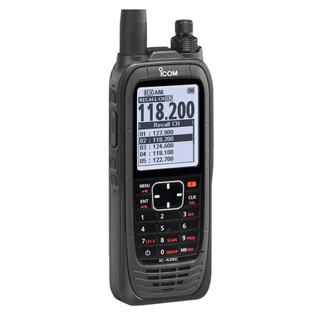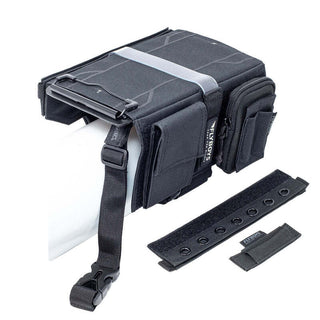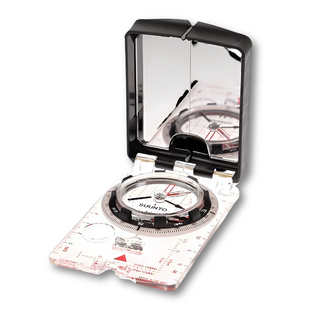
Volume 3, is a manual on meteorology which is suitable for students studying for their Private Pilot Licence.
Volume 3 explains, in a very readable fashion, the basics of meteorology. Explanations start with the composition of the atmosphere and progress towards the more complex issues such as stability of air, environment lapse rates, adiabatic lapse rates and many other topics.
A risk factor to flight safety for pilots operating in visual conditions is inclement weather, particularly as this relates to cloud and visibility. Understanding the origin and possible development of these two items hugely reduces the safety risk. This aspect was constantly kept in mind by the author as the book progressed. There are other aspects that require an equally sound understanding such as turbulence, thunderstorms and icing, they are all well covered.
To maintain the closest possible link between theory and practice, each chapter finishes with Operational Aspects, a section that concentrates on the operational application of subject matter in the chapter. It contains some very useful hints and cautions which, if taken on board by the student, will greatly enhance the safe conduct of flight in visual conditions. To emphasise this factor even more, Chapter 17 titled Hazardous Meteorological Conditions, contains detailed explanations and practical descriptions on phenomena such as thunderstorms, their downdrafts and possible wind shear. Also covered in depth are inadvertent entry into cloud, depth perception associated with reduced visibility, turbulence including wake turbulence and a host of other conditions that lie in wait for the unwary pilot.
Every written topic is backed up with clear and well presented diagrams which enhance understanding. For example, the chapter on Stability of Air takes the reader through each segment with a well-balanced mix of text and diagrams. The same technique is used extensively in the chapter dealing with fronts and depressions. The consequence is that the student will find all subject matter in the book easy to understand and more importantly, he or she will be better equipped to operate safely in everyday flying.
The last chapter deals in depth with Meteorological Services to Aviation. These services, originated by Meteorological Authorities in every country, provide information such as forecasts, weather reports and a number of similar items that are critically important to pilots. Each aspect is explained in great detail so that a newcomer to aviation should have no trouble understanding the many written and graphic details that, to the untrained, can be somewhat baffling.
An Appendix at the end of the book contains two full Sample Examinations for the PPL. Each sample consists of Part I, dealing with the theoretical aspects of meteorology, and Part II dealing with documentation such as forecasts and reports.
Weather to Fly is based on meteorology applicable to the Southern Hemisphere. Although some meteorological fundamentals are different to those in the Northern Hemisphere, many topics such as cloud, visibility, icing and a large range of others, are common to both hemispheres and therefore this manual can be seen as a suitable reference worldwide.
Customers Also Bought
Product title
Vendor
$19.99 | $24.99
Product title
Vendor
$19.99 | $24.99
Product title
Vendor
$19.99 | $24.99
Product title
Vendor
$19.99 | $24.99
$30
$669.95 | $699.95
$27.95
From
$52.00 | $79.95
$64.95
From
$95.00 | $159.95
$44.95
$5.00 | $49.95
$31
$119.95 | $150.95
$19.95
From
$36.00 | $55.95
$15.95
$90.00 | $105.95
Low Price
$8.95
$161.00 | $169.95
Low Price
$66.95
$123.00 | $189.95
$3.95

 Notes for the Private Pilot - NZ Edition
Notes for the Private Pilot - NZ Edition
 Waypoints Vol 01: NZ PPL Aircraft Technical Knowledge
Waypoints Vol 01: NZ PPL Aircraft Technical Knowledge
 Waypoints Vol 02: NZ PPL/CPL Navigation and Flight Planning
Waypoints Vol 02: NZ PPL/CPL Navigation and Flight Planning
 Waypoints Vol 04: NZ Flight Radio for Pilots
Waypoints Vol 04: NZ Flight Radio for Pilots
 Waypoints Vol 05: NZ PPL/CPL Air Law
Waypoints Vol 05: NZ PPL/CPL Air Law
 Waypoints NZ The Flight Training Manual
Waypoints NZ The Flight Training Manual














































